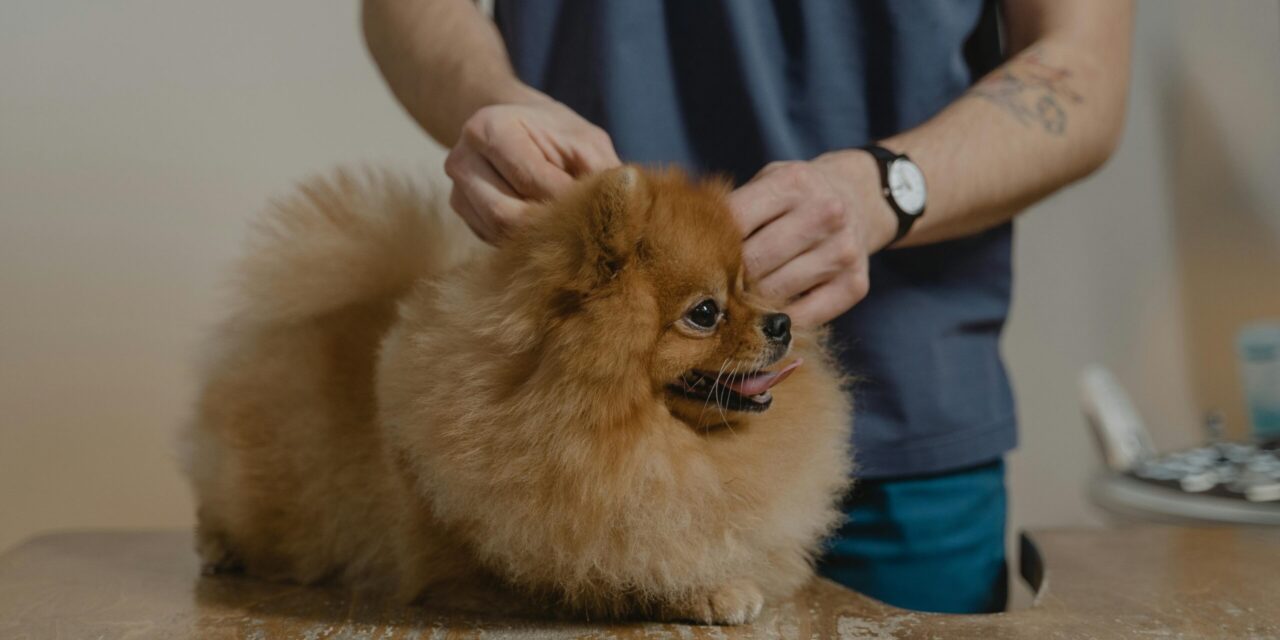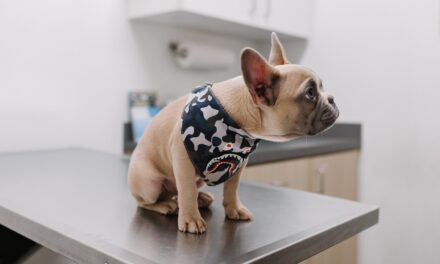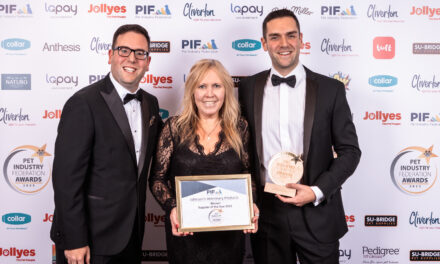Dr Elizabeth Mullineaux, a wildlife specialist vet, has been elected as the new President of the British Veterinary Association (BVA) for 2024-2025.
Her election was announced at BVA Day, held in London. Dr Mullineaux, who graduated from the Royal (Dick) School of Veterinary Studies in Edinburgh in 1988, brings a wealth of experience to the role, with a career spanning small animal, farm, and wildlife medicine. She has contributed extensively to veterinary literature and policy, and previously served as the President of the British Veterinary Zoological Society.
In her inaugural speech as BVA President, Dr Mullineaux highlighted the central theme of her presidency, “A profession that cares.” She emphasised the dedication of veterinary professionals to the welfare of the animals they treat, whether domestic, wild, or unowned, and addressed the current challenges facing the profession.
Addressing the CMA Investigation
Dr Mullineaux’s speech focused on the ongoing investigation by the Competition and Markets Authority (CMA) into the veterinary profession, which she believes has raised questions about vets’ motivations. She stressed that the welfare of animals must remain at the heart of any recommendations made by the CMA, alongside considerations of client choice.
She stated: “In our interactions with the CMA, we’re constantly reminding them that the veterinary profession puts the health and welfare of the animals we care for at the centre of everything we do. Any recommendations coming out of the investigation must fully consider animal welfare as well as owner choice, and ensuring that is understood by the CMA is a key priority for me in the year ahead.”
Dr Mullineaux also expressed concern about the portrayal of vets in the media, which she feels has added strain to an already overworked and undervalued profession. She highlighted the need for the public to recognise the dedication of veterinary professionals and the compassionate care they provide.
Opportunities for Legislative Change
Despite the challenges posed by the CMA investigation, Dr Mullineaux sees potential benefits, particularly the possibility of securing a new Veterinary Surgeons Act, which has been a long-standing goal of the BVA. The current Act, which dates back to 1966, is considered outdated and ill-suited to the needs of a modern veterinary profession.
“I’m a bit of a glass half full person, and the CMA investigation does present us with opportunities. One of these is an increased chance of securing a new Veterinary Surgeons Act in the next parliament,” Dr Mullineaux said. She stressed that any new legislation must include the regulation of both the veterinary professionals and the businesses operating within the industry. Additionally, she called for better recognition of Registered Veterinary Nurses and other members of the multidisciplinary teams that support veterinary care.
Key Priorities for the Year Ahead
Dr Mullineaux outlined several key priorities for her term as BVA President. Among these are continued lobbying for the provision of veterinary medicines in Northern Ireland, addressing the issue of puppy smuggling, promoting responsible dog breeding, and pushing for a ban on snares in England, aligning it with existing legislation in Wales and Scotland.
Outgoing BVA President’s Reflections
Dr Anna Judson, the outgoing BVA President, will assume the role of Senior Vice President. Reflecting on her time in office, she highlighted the association’s significant lobbying and campaigning efforts over the past year. These included responding to the CMA investigation, addressing the XL Bully ban across the UK, and securing access to veterinary medicines in Northern Ireland.
Dr Judson also noted the importance of ensuring that any recommendations resulting from the CMA investigation are carefully scrutinised to avoid unintended consequences for both veterinary professionals and animal welfare.
The new leadership team at the BVA includes Dr Rob Williams, who was elected as Junior Vice President. Dr Williams has extensive experience as a small animal vet, having worked as a general practitioner, referral surgeon, and clinical director of a large hospital. He also has a background in human resources and has been instrumental in developing graduate programmes at VetPartners since 2016. Dr Williams has been a volunteer with the BVA for the past five years and contributed to the development of the Vetlife Neurodiversity resource.








